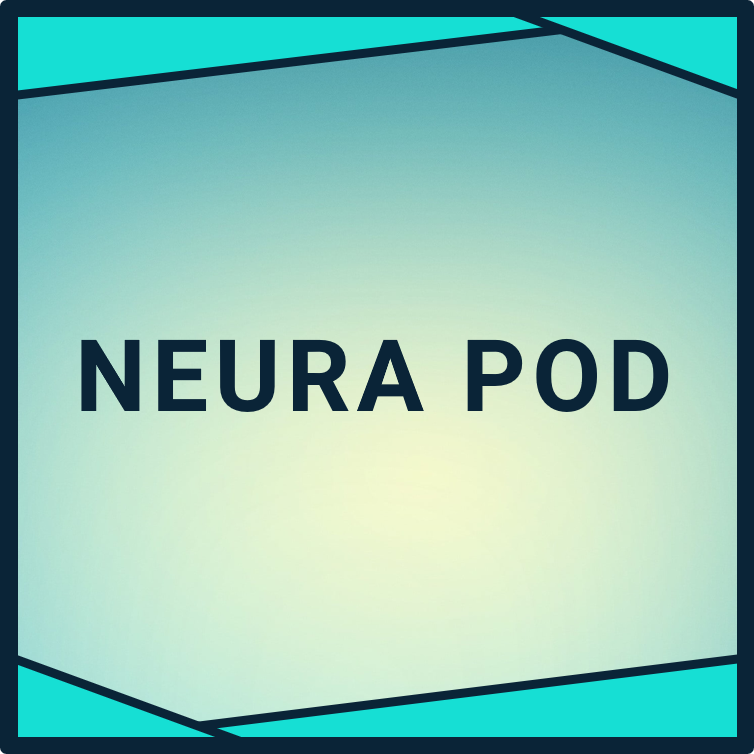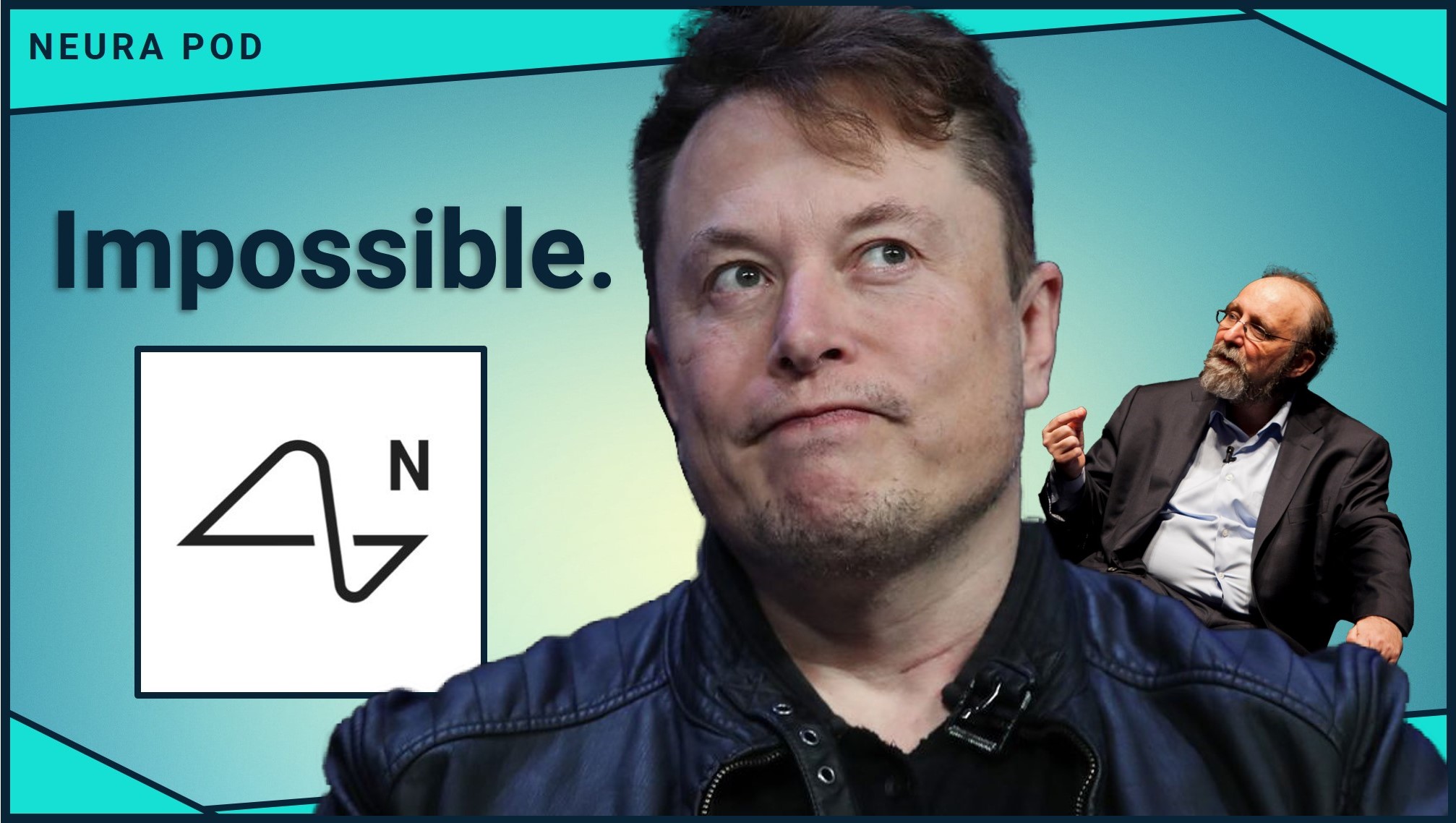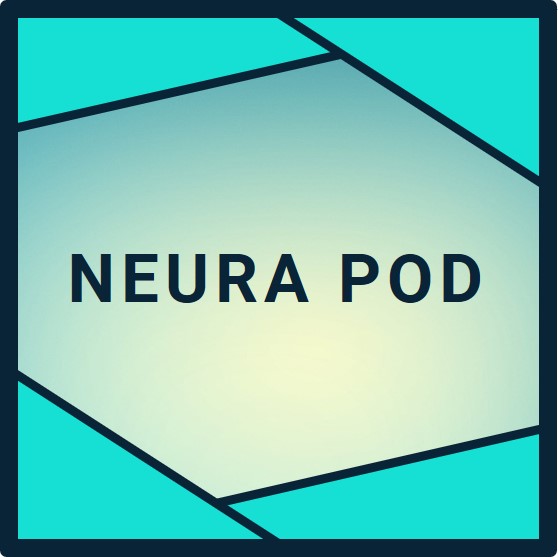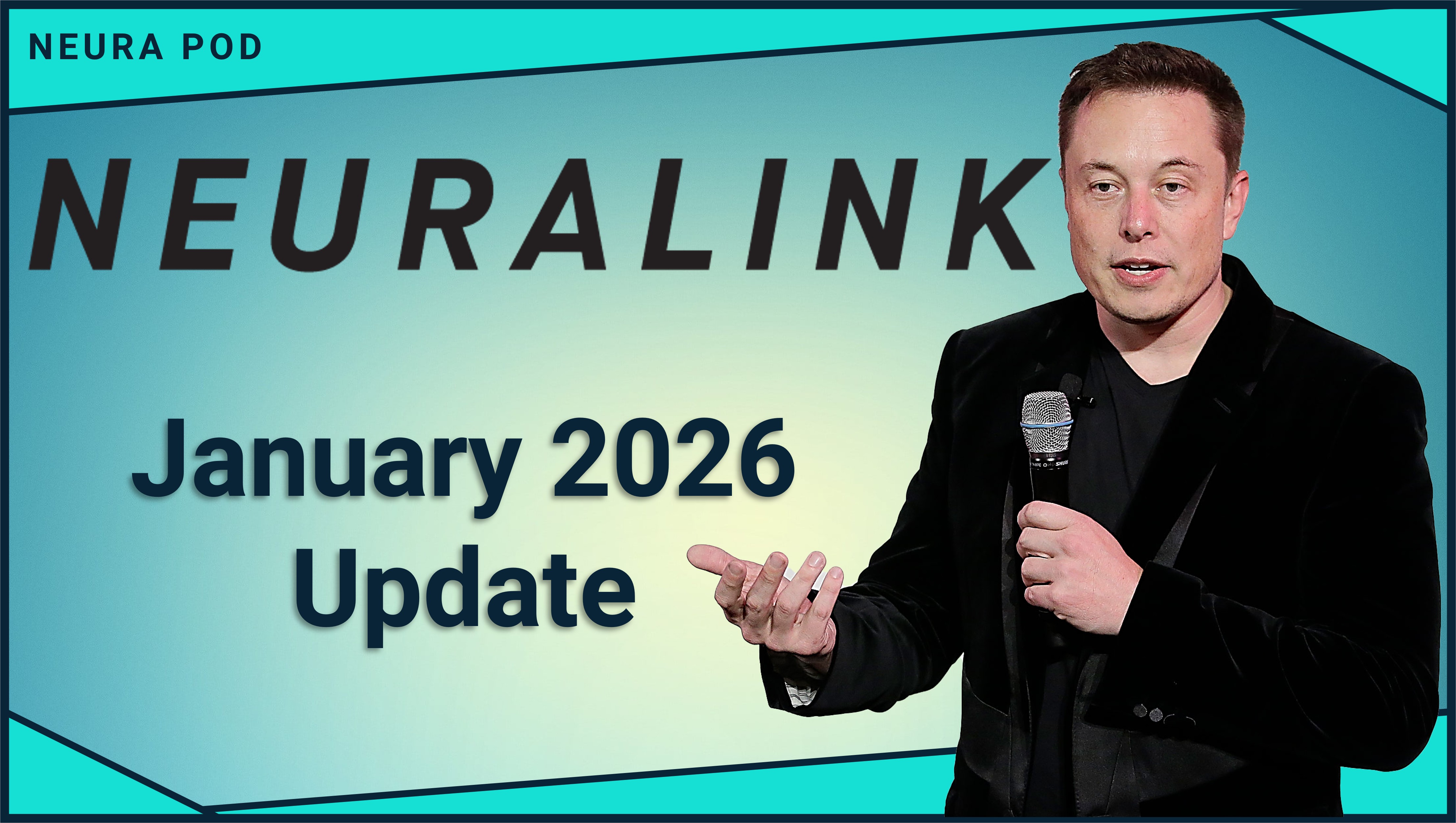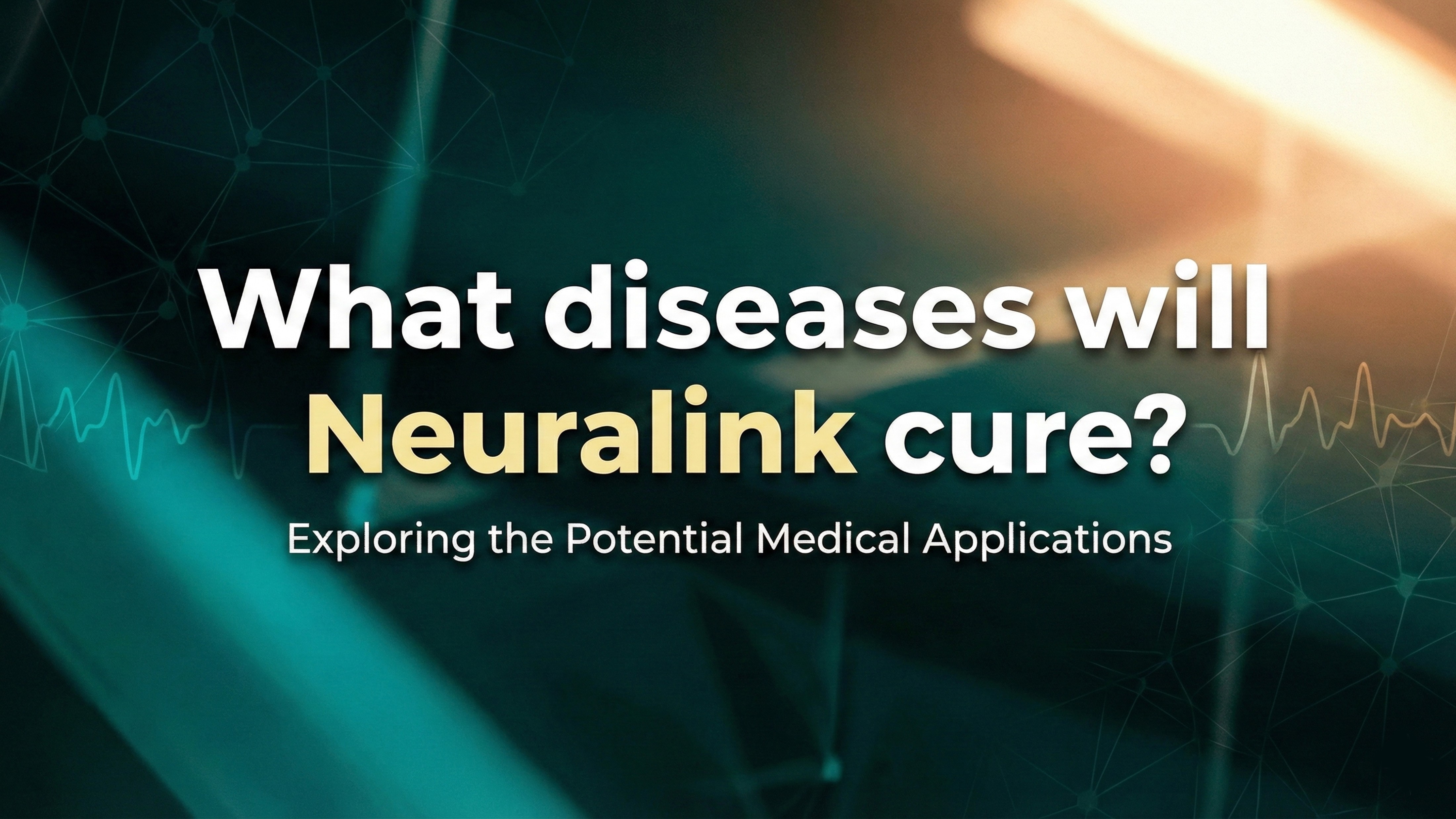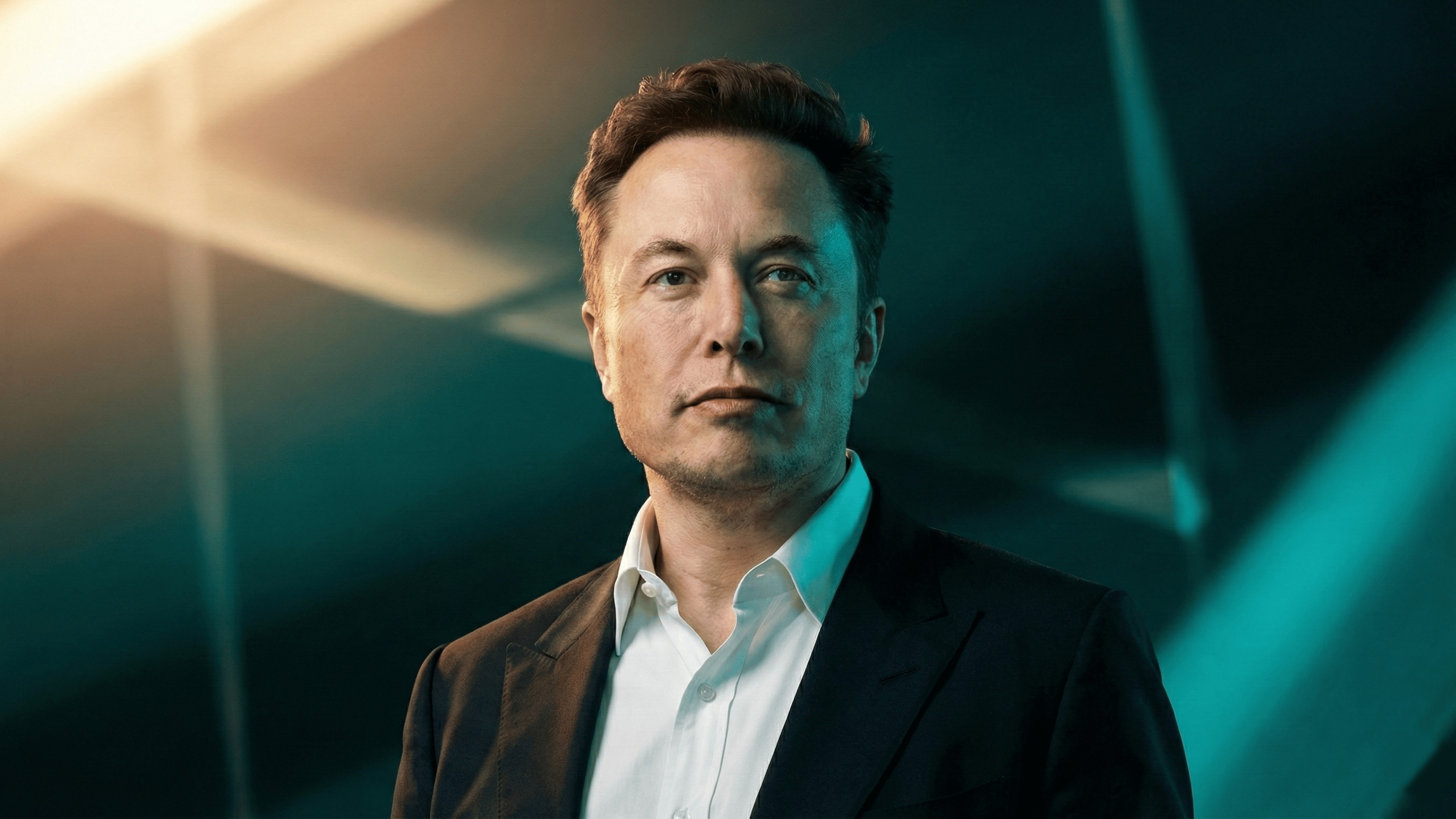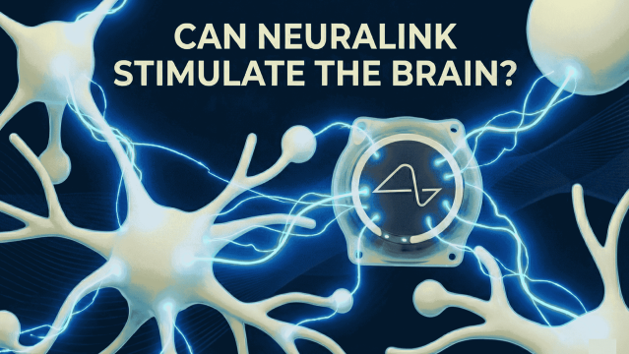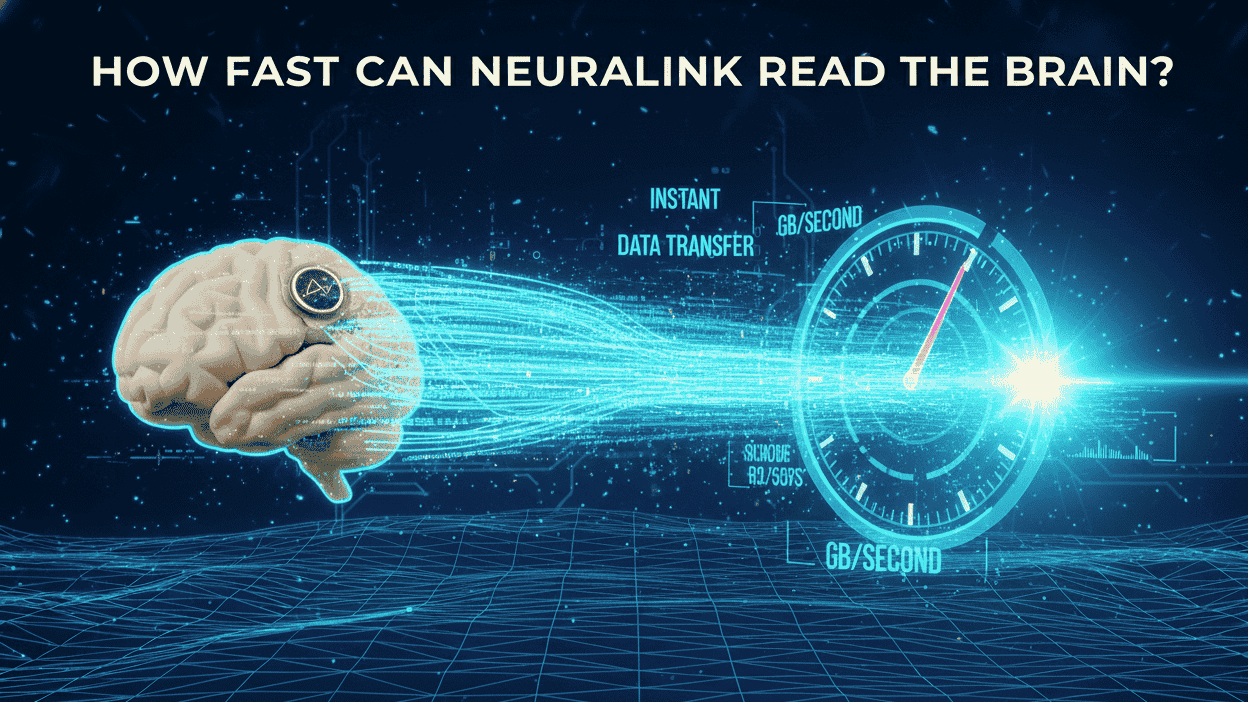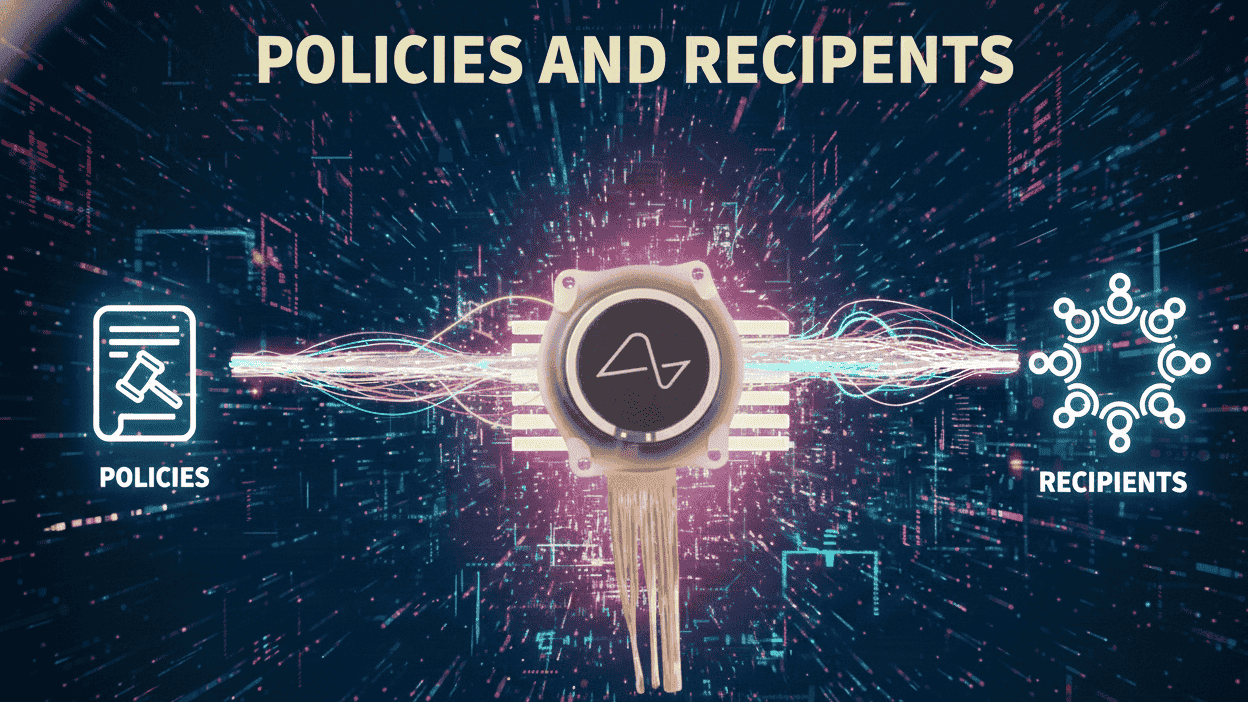A few months ago, there was an article published on inverse.com that details many critiques of Elon Musk and the company Neuralink. The article got quite a bit of attention because of the tone of the article. It's starts with:
“MR. MUSK DOESN’T understand a bit of neuroscience and what is the brain,” Miguel Nicolelis tells Inverse, adding, “he barely knows where it’s located.”
Nicolelis runs the Nicolelis Lab at Duke University. He’s a pioneer in neuroscience, specifically in the field of brain-computer interfaces (BCI). Unfortunately, the fact that this "expert" in the field is criticizing the work Neuralink's done, there are many who will not grasp the full implications of what Neuralink is hoping to achieve.
In this episode, we'll explore controversies associated with Elon Musk's promises about the future of Neuralink, and the claims that (1) the company hasn't done anything innovative; (2) is stealing other researchers work; and (3) is making promises it can't keep.
The outline for the episode will start with:
Summary
- Who is Dr. Miguel Nicolelis?
- His criticisms of Elon and Neuralink
- Prior work vs. Neuralink
- Building on the shoulders of giants
Who is Miguel Nicolelis?
Miguel Nicolelis CV: http://www.nicolelislab.net/wp-content/uploads/2019/04/2019_March_CV.pdf
Nicolelis is a Brazilian scientist and physician who runs a lab at Duke University. He has a great track record in the field of Brain-Machine Interfaces, neuroscience, and spine injuries. He's studied these topics for a few decades and his lab has showcased some of the earliest trials and breakthrough experiments for BCIs. Professor Nicolelis shares that he immigrated from Brazil to US because he was unable to find a lab in Brazil that could record multiple brain signals at the same time.
Here we have a clip of himself speaking about the first time they recorded Brain activity after leaving Dr. John K. Chapin's Lab as a Post-doc in the early 90's.
- Show clip until 14:33 - 15:04
- https://youtu.be/gXZcrZcAu_g?t=873
It should be noted that Neuralink co-founder, Max Hodak even conducted prior research in the Nicolelis Lab at Duke. Nicolelis has even stated Neuralink has engaged in major copycatting. Here are some tweets Nicolelis has shared in the past:
Earlier this year, he wrote:
"Besides, nothing that Neuralink has achieved so far climbs to the level of a real significant breakthrough in the field. It is all more like major copycatting to make media headlines. Nothing impressive at all to those of us who have pioneered the field. Just empty bravado."
- Show tweet: Opinions about Neuralink
- https://twitter.com/MiguelNicolelis/status/1380983162881331201
And here's a tweet from Max responding to Nicolelis. Unfortunately, there's some missing context given that the original tweet has been deleted.
To which, Nicolelis responded:
Another interaction is with Sergey Stavisky (Assistant Professor, University of California at Davis in the Department of Neurological Surgery). He says:
And Nicolelis answered referring to his ownership of a BMI patent in the US:
This particular tweet conversation occurred a couple days after the initial Neuralink launch event, during which Max Hodak stated this:
Max: "Building on the shoulders of giants" [25:15- 26:24: https://youtu.be/r-vbh3t7WVI?t=1515]
The last line sums it up best: "they're building on the shoulder's of giants."
Based on the tweet shared, Nicolelis just seems disappointed he's not gotten as much public recognition as the Neuralink team has, despite that they're relatively early in the development cycle. Since he's dedicated such a large amount of his life to the space, it's hard to blame him for being upset; however, I don't think his stance against Elon and the team is fully justified.
One thing I've learned after having researched and kept track of Elon Musk ove r the last several years is that he prioritizes accuracy and therefore speaks extremely literally.
For example, if he says, "I think we have a shot at producing a million cars," or "If progress accelerates, we could have an implant in humans before the end of the year," then that's literally what he means. Based on this clip, the most accurate of headlines would not say: "Elon Musk promises to have an implant in humans before the end of the year." Instead, they'd realize he's being serious when he says, "if progress accelerates, then they could have an implant in humans before the end of the year."
Another observation from researching folks who state public criticisms of Elon is that they often believe he's deliberately misleading the public regarding the current functionality of the project's the team is working on. In this case, he stated multiple times that the primary reason for holding the event is recruiting. So what must he do in order to motivate the best talent to come join Neuralink? He and the team have to share what the potential outcomes are and give a real reason for someone to be inspired by what the team is working on. No one wants to work on something boring. They want to work on something that can have real impact and show off their usefulness in helping achieve the goals they stated. In the case of Neuralink, the most inspiring message I can think of is that they aspire to have a future where many brain and spine illnesses have been solved.
Additionally, Max even went on to add this during the presentation:
Max: Neuralink is improving on former research [26:26 - 29:16: https://youtu.be/r-vbh3t7WVI?t=1586]
Earlier in the presentation, he also shared images of pn lots from a Nicolelis paper published in 2003. The images illustrate that it's possible to infer the position and velocity of mouse cursor control using the electric signals from neurons.
https://www.inverse.com/article/57794-2003-nicolelis-paper-and-neuralink
Nothing New – Criticisms of Neuralink
https://www.marketwatch.com/story/why-you-shouldnt-invest-in-tesla-stock-2012-12-21
I've seen this play out countless times with Tesla and SpaceX. It's been doubters galore since the companies were founded. Early criticisms stated Tesla's were only expensive toy sports cars for the rich. They would never be profitable because battery cells would never give cars sufficient range. Experts criticized Elon and the team saying it's impossible to have electric cars and batteries that would support performance matching or exceeding internal combustion engine cars. Maybe at the moment those claims were made, those experts could have actually been correct, but perhaps they failed to estimate future advancements of all aspects of the battery production and electric vehicle manufacturing process.
Next, people said they wouldn't be able to charge and range anxiety was too prevalent. Next was talk of Tesla's finances not being in order and they were burning cash too quickly. After that was talk of competition coming. Next was criticism of Model X, then SolarCity acquisition, then Elon spreading himself too thin with Tesla energy, additional factories, Model 3, quality control, stating his mind on Twitter. There's been a seemingly never-ending barrage of Elon Musk criticisms, but nevertheless, he always seems to pull through.
I believe this is due in large part to Elon's well-known "First Principles thinking." It's his MO. It's tough to know better than someone who boiled things down to the most basic principles. At any given moment, maybe it's reasonably thought to be impossible to do something, but after reasoning up from first principles, thinking about future outcomes tends to clear up.
After the April 2021 Neuralink Monkey MindPong video, the media just went crazy publishing articles about previous work on BCI. Many include opinions against Elon and Neuralink.
- Show images of the Tweets
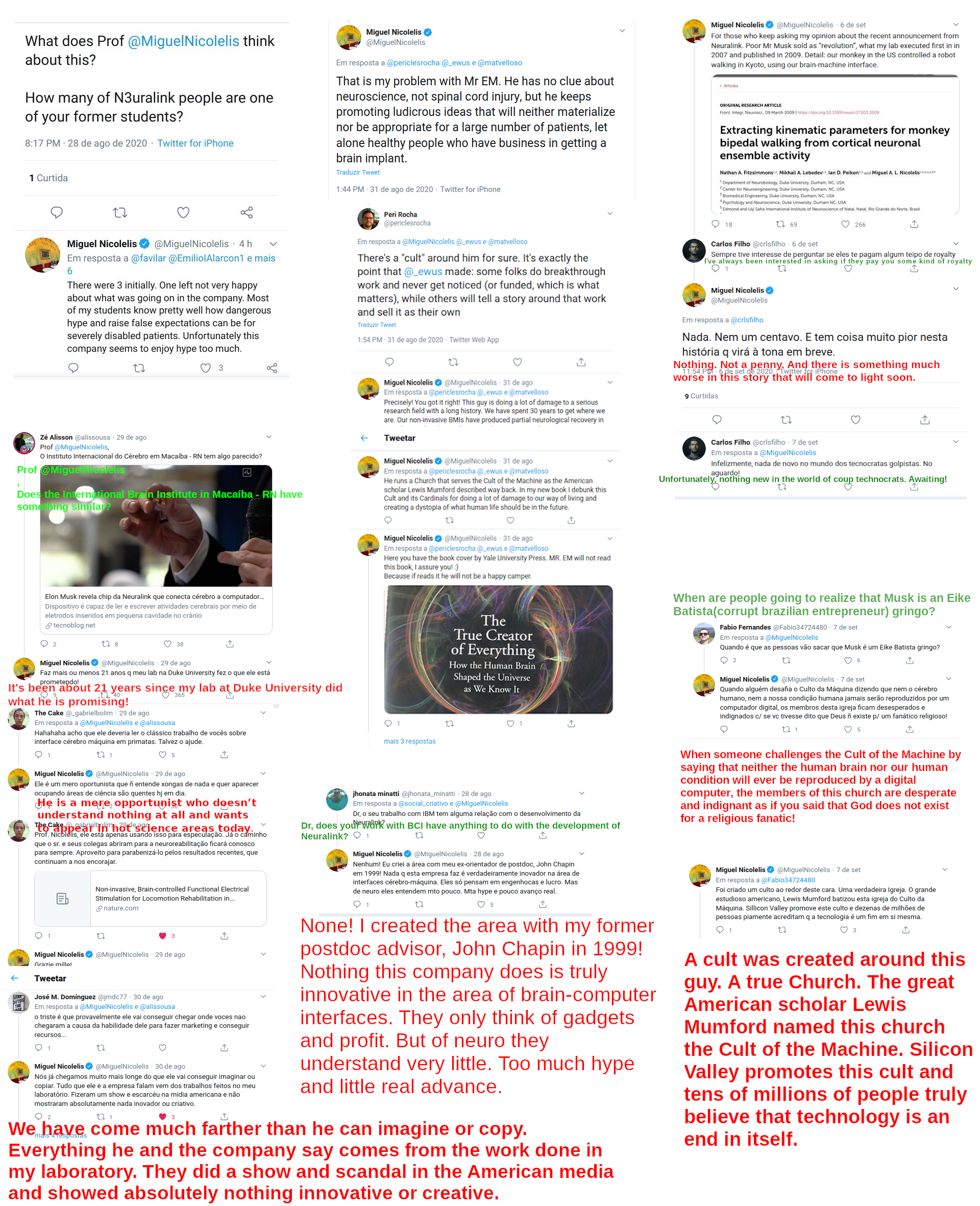
Show images of articles:
**Wired, Engadget, Futurism, Inverse, Inverse-2, Fast Company, The Guardian**
But let's hear from Dr. Nicolelis about his latest opinions on Elon given at UFMG Summer School on Brazilian Studies this Jul 15, 2021:
- 1:16:35 – 1:17:35 Nicolelis on Elon.Elon Musk has a faint idea on where the brain is located, but he thinks that he knows what a Brain-Machine Interface is capable of doing or not doing. For instance, I can assure you, you're not to download your brain to a CD-ROM and give it to your mom, or to your kids. You're not learning French by uploading French grammar directly to your brain. This is what he promised that would happen. But no, it's not going to happen at all. Because information is treated and embedded in the brain completely differently, then it happens to be processed by a Turing Machine or a computer. We are not digital devices, our brains, if are anything; analog. Mainly analog, there a few digital components like language, it's more digital. But information in the brain is embedded in the organic tissue, that constitute the brain. So, you cannot extract it, you cannot make juice, memory juice like he wants to.
- https://youtu.be/gXZcrZcAu_g?t=4577
Perhaps Dr. Nicolelis is right about this specific topic. I personally have no reason to doubt him as I'm still not very knowledgeable about the brain; however, after the countless hours spent listening to Elon, I suspect Elon is referring to a more advanced version of what we're currently able to do with our phones and the internet.
For example, when a couple throws a gender-reveal party, another family member might use their phone to record parts of the celebration and post it online for relatives who couldn't attend the party in person. The visual and audio aspects of that moment in history can live on forever. What would happen if you could add the smell, taste, and touch of the celebration to that recording? Now what would happen if you could add a person's feelings to the recording?
With high-bandwidth brain-machine interfaces, this could become reality. For the doubters, I urge you to consider what your reaction would have been 20 years ago if someone said you could use a phone (that costs $300) to record high-definition video and immediately send it for anyone to view, including someone on the other side of planet Earth. Also including someone who wants to see the video 50 years from now.
Prior Work vs. Neuralink
Dr. Nicolelis and others have pioneered the development of brain-computer interfaces and related technologies. He and the people he's worked with have made great advancements that have positively impacted many lives, and it's fantastic that Elon Musk, Neuralink, and others are now able to build off of the prior work and research.
Earlier this summer, Dr. Nicolelis showcased a clip of work done in 2003 where a monkey uses a joystick to control a cursor. Later in the clip, they take away the joystick and demonstrate use of a brain-computer interface.
- Show clip from here mind pong in 2003
- https://youtu.be/gXZcrZcAu_g?t=1824
Does this clip look familiar to parts of the Neuralink Monkey MindPong demonstration?
[Omar, maybe show these clips side by side]
The principle of reading the electric signals from the neurons has remained the same; however, as you might imagine, there have been advancements in understanding how, why, where, and when neurons fire. Additionally, the sheer ambitious-ness of the Neuralink team has not been seen before.
How does the Neuralink system differ from other BMI devices?
Some devices for recording from or stimulating the human brain are used for Deep Brain Stimulation (DBS). This treatment has helped patients with illnesses such as Parkinson's Disease, essential tremor, and Dystonia. According to the Neuralink website, [DBS leads] only have a small number of electrodes (less than 10) and are much larger than our threads. For example, DBS leads have only 4-8 electrodes and are about 800 times larger."
Neuralink is also, "designing the Link to provide unprecedented scale, with over 1024 channels of information from the brain." Imagine starting a company and having the guts to tackle a highly technical problem and develop solutions that are 100,000 times better than state of the art devices!?! I suspect most people simply can't comprehend the incredible work the Neuralink team is doing. Maybe one day, we'll do an episode just counting to 100,000 to demonstrate the advancements in a concrete, easy-to-understand way :).
Building on the Shoulders of ...
In 2018, Dr. Nicolelis published commentary in the book Think Tank: Forty Neuroscientists Explore the Biological Roots of Human Experience from Yale University Press. He shares that it's impossible for any machine to reproduce any brain-like properties in full detail, but that our brains may start to mimic machines in the future, or in his own words:
"Although I am convinced that we can dismiss the possibility that a digital version of the human brain will ever be built, I would like to raise a much more concrete and troublesome scenario: the possibility that, as a result of overexposure to digital systems, our brains may, through the process of neuronal plasticity, begin to mimic the operation and logic of these digital systems, simply because of the considerable rewards offered by emulating this type of machinelike behavior."
- Extracted from this paper

Although he says it's impossible download our brain, he immediately realized some of the long-term potential for brain-computer interfaces more than 20 years ago.
https://www.youtube.com/watch?v=sm2d0w87wQE&t=56s
Show combined images of "20 Years of Machine Interface Research" Vol.1 and Vol.2
In the first paragraph of the Introduction, Dr. Nicolelis writes:
"...in July 1999, Nature Neuroscience, then a recently launched scientific journal, published a manuscript entitled “Real-time control of a robot arm using simultaneously recorded neurons in the motor cortex.” The result of one more collaboration between my laboratory and John Chapin’s, this paper launched the field of brain-machine interfaces (BMIs) in earnest and caused a major sensation in the neuroscience community. Curiously, the name brain-machine interface would only appear a year later (Nicolelis, 2001), coined in a review paper entitled “Actions from thoughts” that I wrote for Nature, following a request by one of its editors, Charles Jennings, who happened to be the first editor-in-chief of Nature Neuroscience."
In 2013, he and his lab conducted animal experiments documenting the brain-to-brain communication between two rats.
- Show clip from 35:52
- https://youtu.be/t40tlEDwjyg?t=2152
Dr. Nicolelis of course has an informed opinion, but we currently don't know what the future may hold. Given Elon's prior track record, I believe it's too early to dismiss the claims Neuralink makes about their future ambitions. Additionally, debates like this are quite common. For example, when thinking about AI as an existential threat, opinions vary broadly.
Neuralink: Nothing Innovative?
The heart of the frustrations Dr. Nicolelis seems to have are that:
- Elon Musk and Neuralink make claims that are unachievable, and:
- He has not gotten adequate recognition for his decades of work.
Although Neuralink is attempting to solve problems at a scale that has never been attempted before, it seems too early to dismiss their claims as impossible and unachievable. Elon Musk has demonstrated time and time again his reasoning, vision, and ability to work with other fantastic team members is unmatched.
Additionally, in the public events, Neuralink has not made the claim they're solely responsible for the progress of brain-computer interfaces. Max Hodak even pointed out that the team is building on the shoulders of giants, plus showed a video of work from the Nicolelis Lab that he was once part of.
The Neuralink team has made great progress up to now, and has custom-designed plenty of aspects of the complete brain-machine interface development process. The Neuralink chip, the R1 robot, and the electrode threads are just the highest level representations of their ambitions. Their robot is a brain-sewing machine with micron-scale accuracy. They have also contributed to improving the field using engineering techniques and experimenting in the field in an impressive short period of time. They outpace even the most advanced labs in speed and engineering. Brain-related science is still new. There's much to be discovered and a long road ahead for Neuralink, but we cannot dismiss the talent and effort being exerted to help the company make progress.
Let's finish this episode with a recent clip of Dr. Nicolelis sharing his latest thoughts about Neuralink in an interview with Ladan Jiracek on the Neural Implant podcast.
Let's finish this episode with a clip of Dr. Nicolelis answering a question about translating Brain-Machine Interface technology to humans in the near term. This clip is from 2011:
- Show clip 10:03 - 10:33 on Human Clinical Trials
- https://youtu.be/r_hjpEeQlZU?t=603
What do you think about Dr. Nicolelis' opinions about Elon Musk and Neuralink? Do you agree with him? Let us know in the comments.
